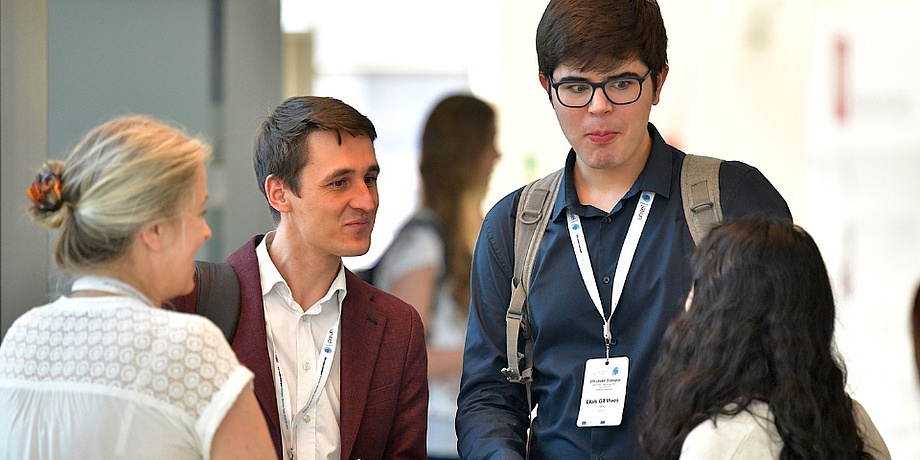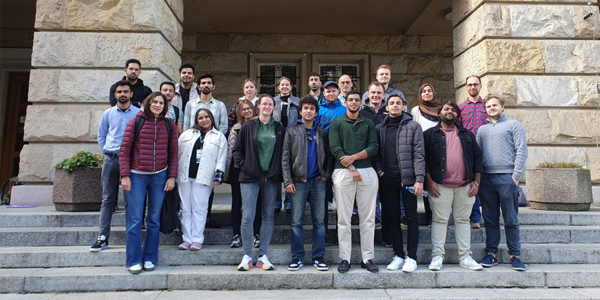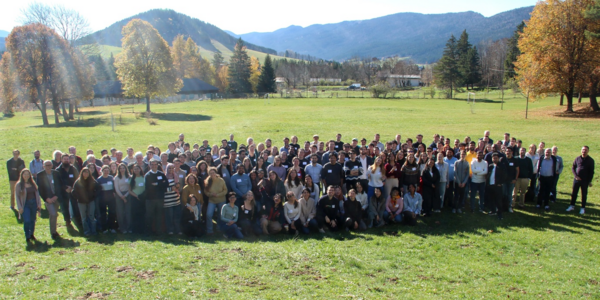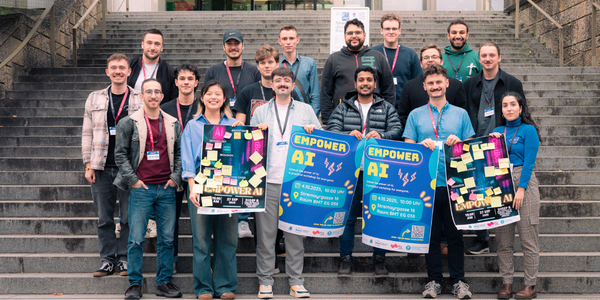You've probably heard of "Unite!" in the past year, as there is hardly a newsletter that does not use this term. But what is behind it? The explanation "European University Alliance" hardly makes you any wiser. Do you want to know what's behind it and what it all means for you? Then hopefully we have some good answers for you here!
How it all started…
In autumn 2022, I was asked if I would like to be a "Student Representative" within Unite!. At that time, nobody could tell me exactly which tasks and activities would be awaiting me. But I found the idea of cooperating with other universities somehow exciting, and so I was quickly convinced. After checking the internet, I quickly found out that Unite! is one of sixty "European University Alliances" as part of the European Commission's "European Universities" initiative. There are even more of them - a total of around 500 universities across Europe are involved. The idea behind it: work even more closely with other universities and thus create more opportunities for mobility in various forms for students. In the long term, the aim is to create a "European Campus" that will make it easy to study at several universities as flexibly as possible.
You can find more information about the “European Universities” initiative and the offers it creates on their website: https://education.ec.europa.eu/de/education-levels/higher-education/european-universities-initiative
Why Unite!?
But how exactly did TU Graz end up in Unite!? Unite! stands for “University Network for Innovation, Technology and Engineering” - in short, an association of technical and scientific universities. The network was founded in 2019 with seven universities. In 2022, TU Graz was accepted into the alliance together with Wroclaw Tech.
Who exactly the Unite! partner universities are and what they specialise in can be found on their website: https://www.unite-university.eu/about-us/partners. Maybe that also gives you some inspiration for your next stay abroad?
Are you SURE? Sure!
SURE stands for "Students in Unite! for Representation and Empowerment", and represents the interests of students - after all, the largest group of people at all universities - within Unite!. To this end, the local university representation (in our case the student union "HTU Graz") delegates three people (the so-called "Student Representatives"). These representatives then meet online every month within SURE to discuss current topics. Twice a year, during the so-called "Dialogue", we meet in person to present the students' point of view in the "Steering Committee" and in the "Academic Forum", and we also provide direct input on study-related topics such as the expansion and creation of new mobility opportunities.
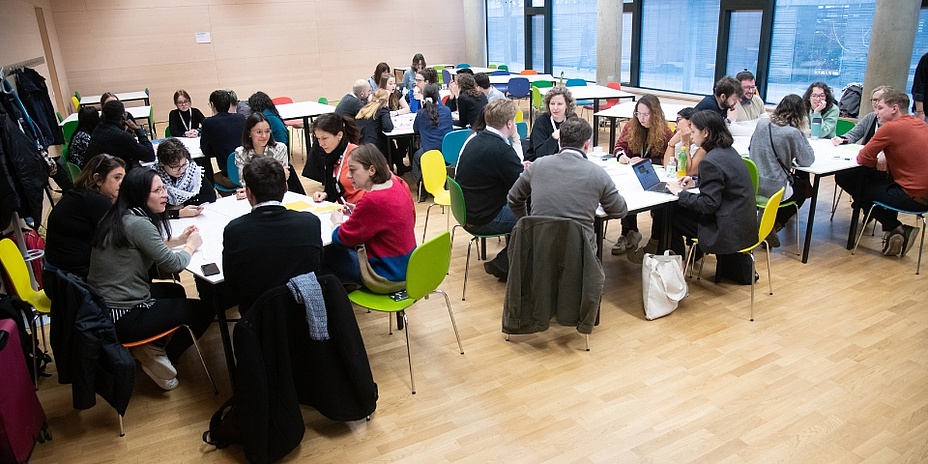
The first dialogue
I was able to attend the dialogue in Wroclaw last summer for the first time and was immediately impressed by the atmosphere. Besides the actual work and project meetings, there is also time to exchange ideas. You gain exciting insights into how representation structures are organised at universities in other countries or about different approaches at the universities. Working together with motivated students from other universities is definitely a lot of fun and an exciting opportunity to broaden your own horizons!
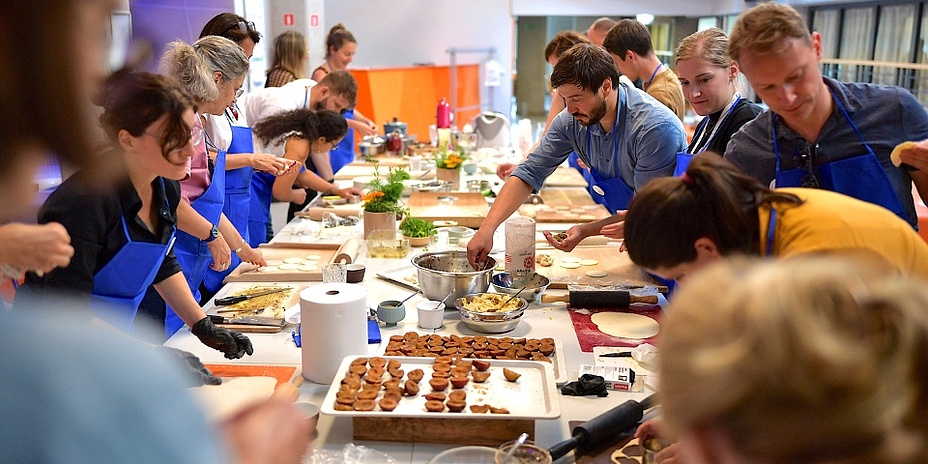
Whats next?
The potential of Unite! to work more closely together within Europe is clearly recognisable. Nevertheless, there are still numerous challenges: different (study) legal frameworks and organisational structures, as well as the different divisions of the academic year, represent obstacles to cooperation. A great deal of commitment will be required in the coming years to overcome these and to move closer and closer to the desired "common campus", which will make mobility during studies the norm and not an add-on.
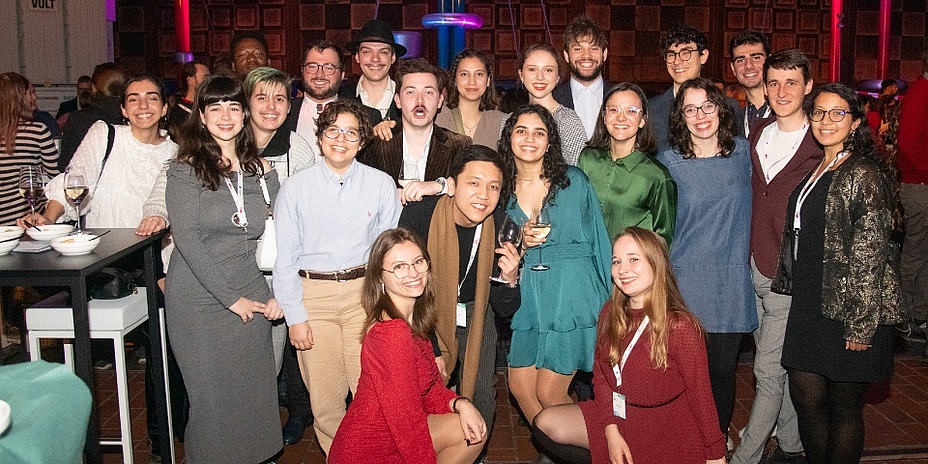
Want to join in?
Would you like to help shape the future of Unite! through SURE? Then get in touch with Katharina Salicites via students-unite@tugraz.at. We can always use new ideas, inspiring thoughts and active support!
